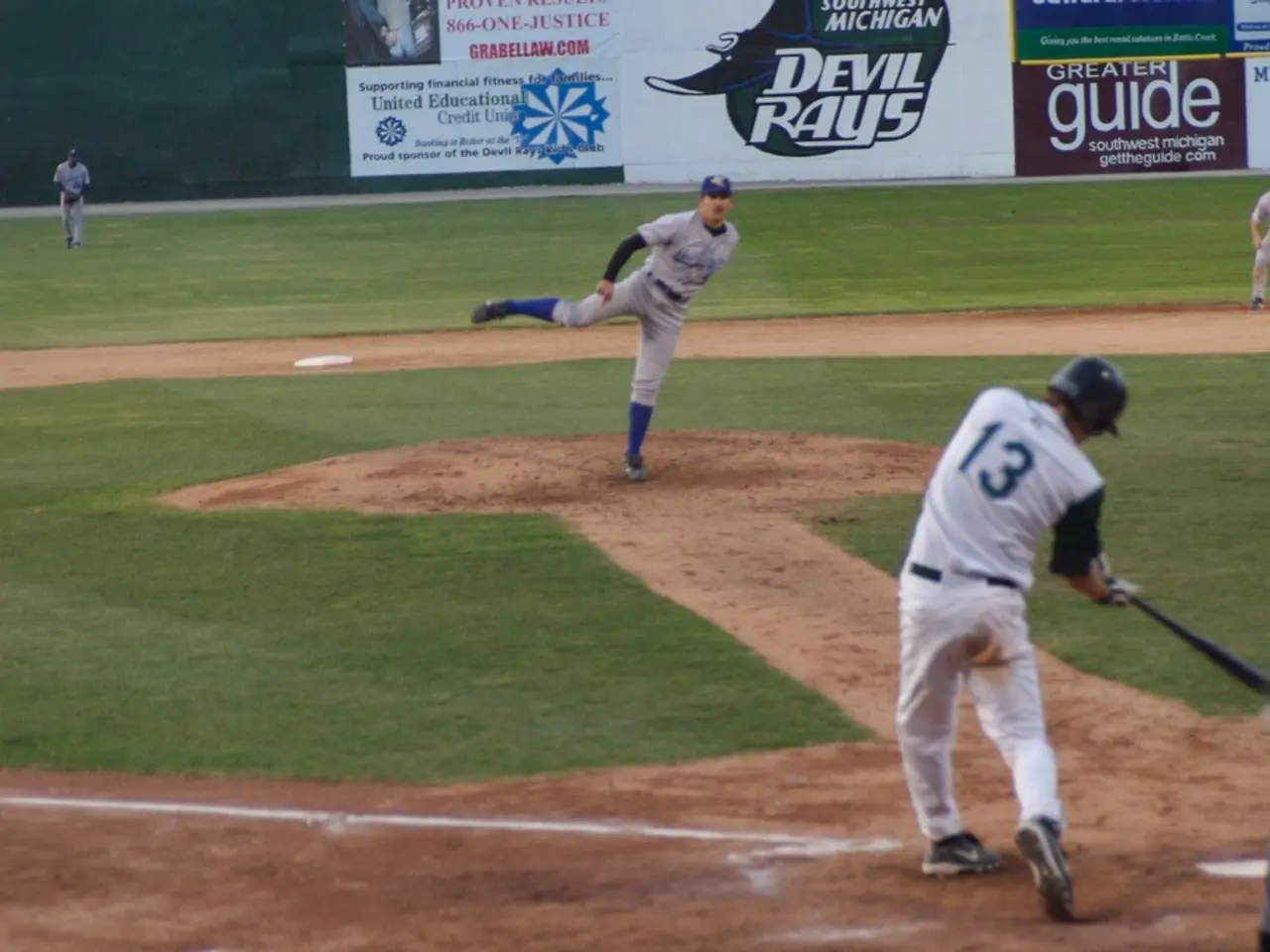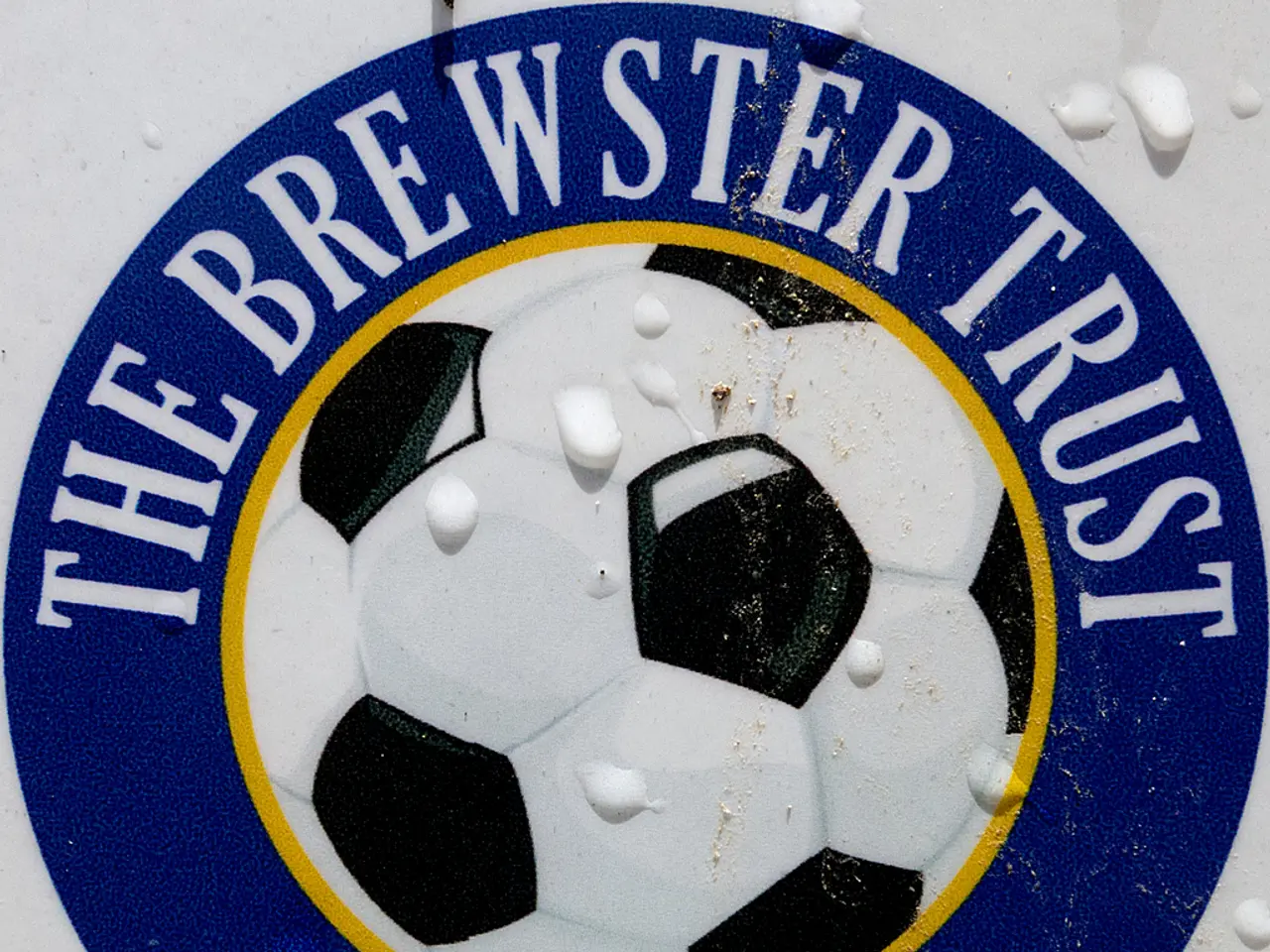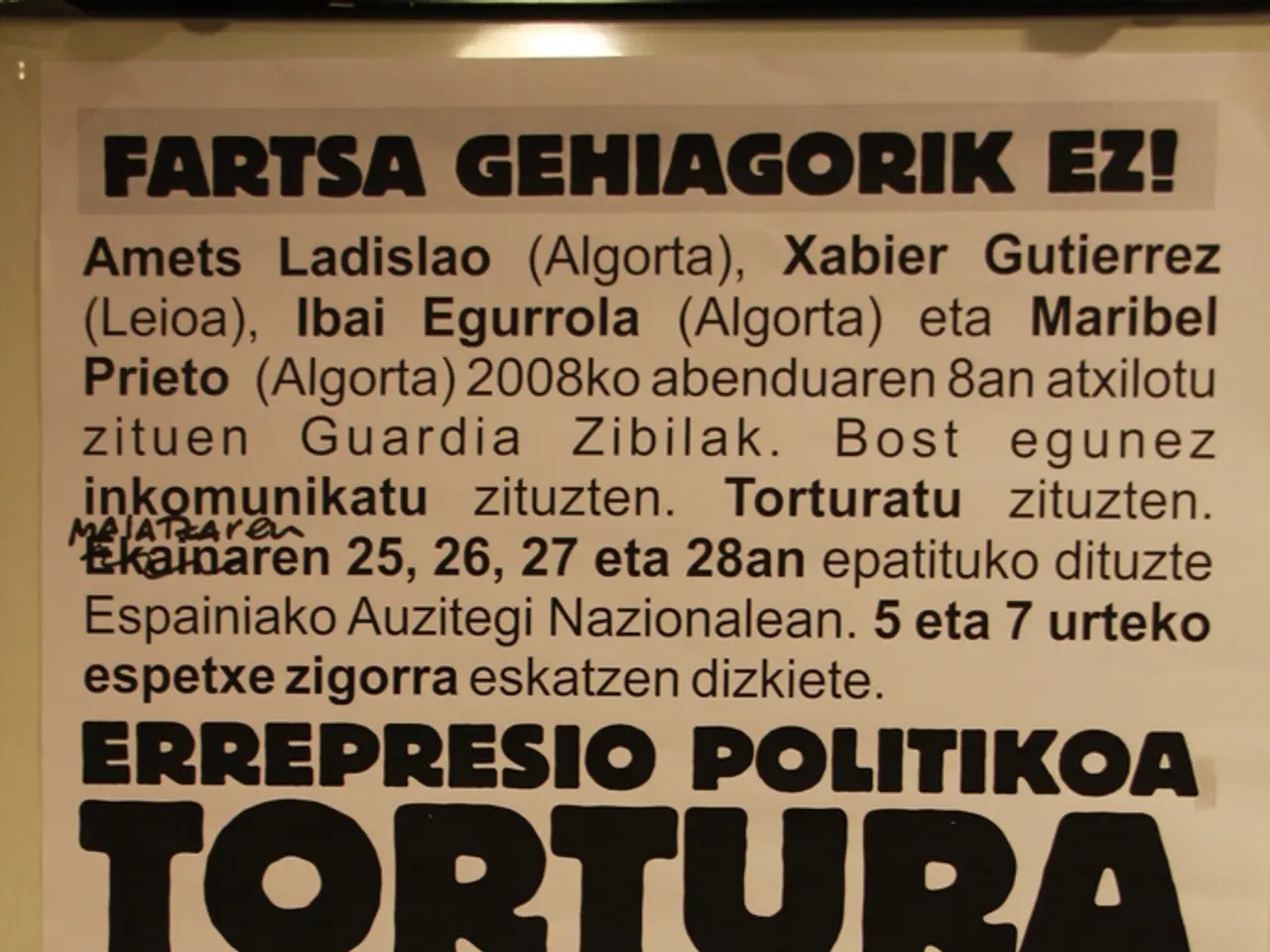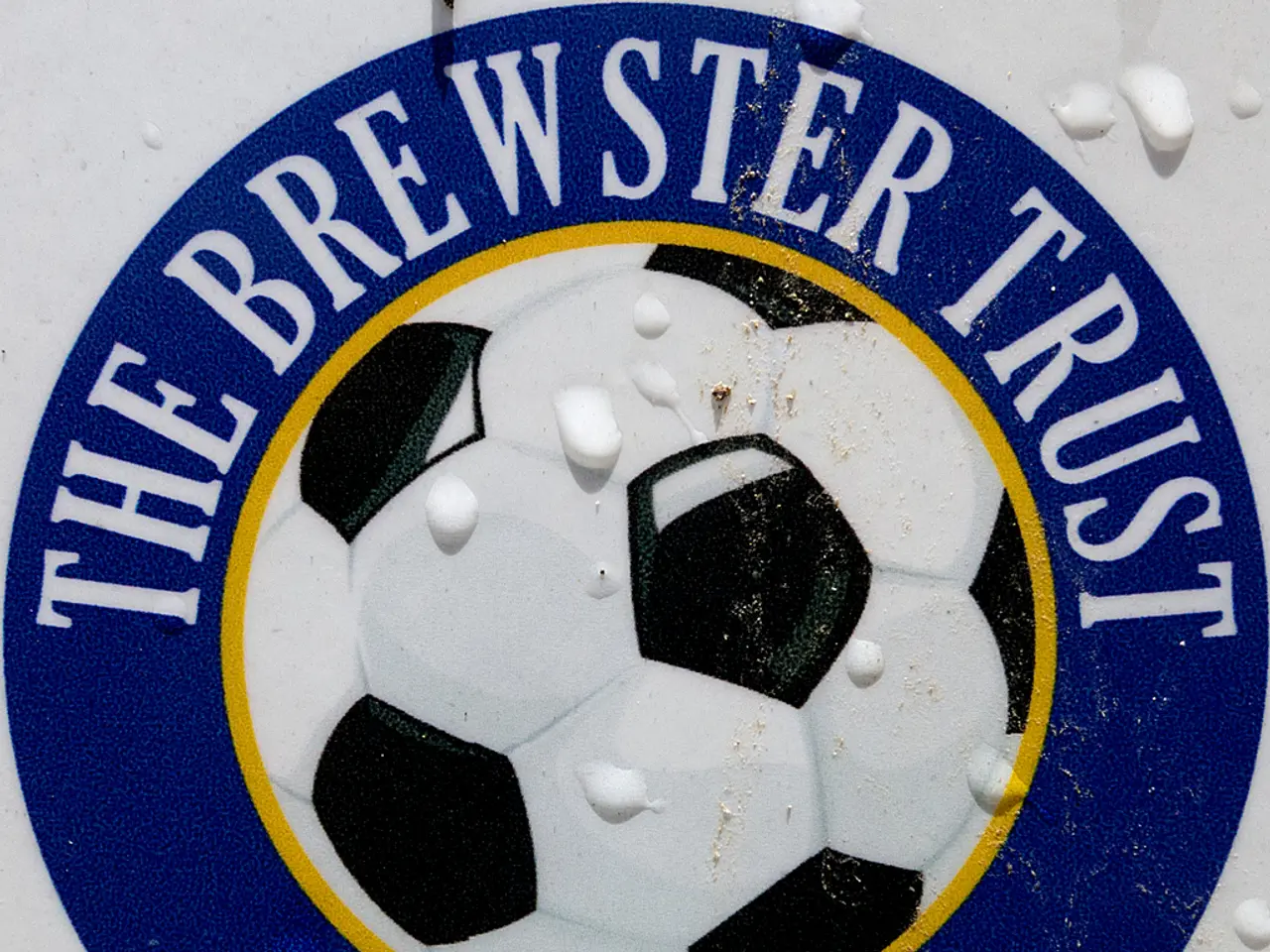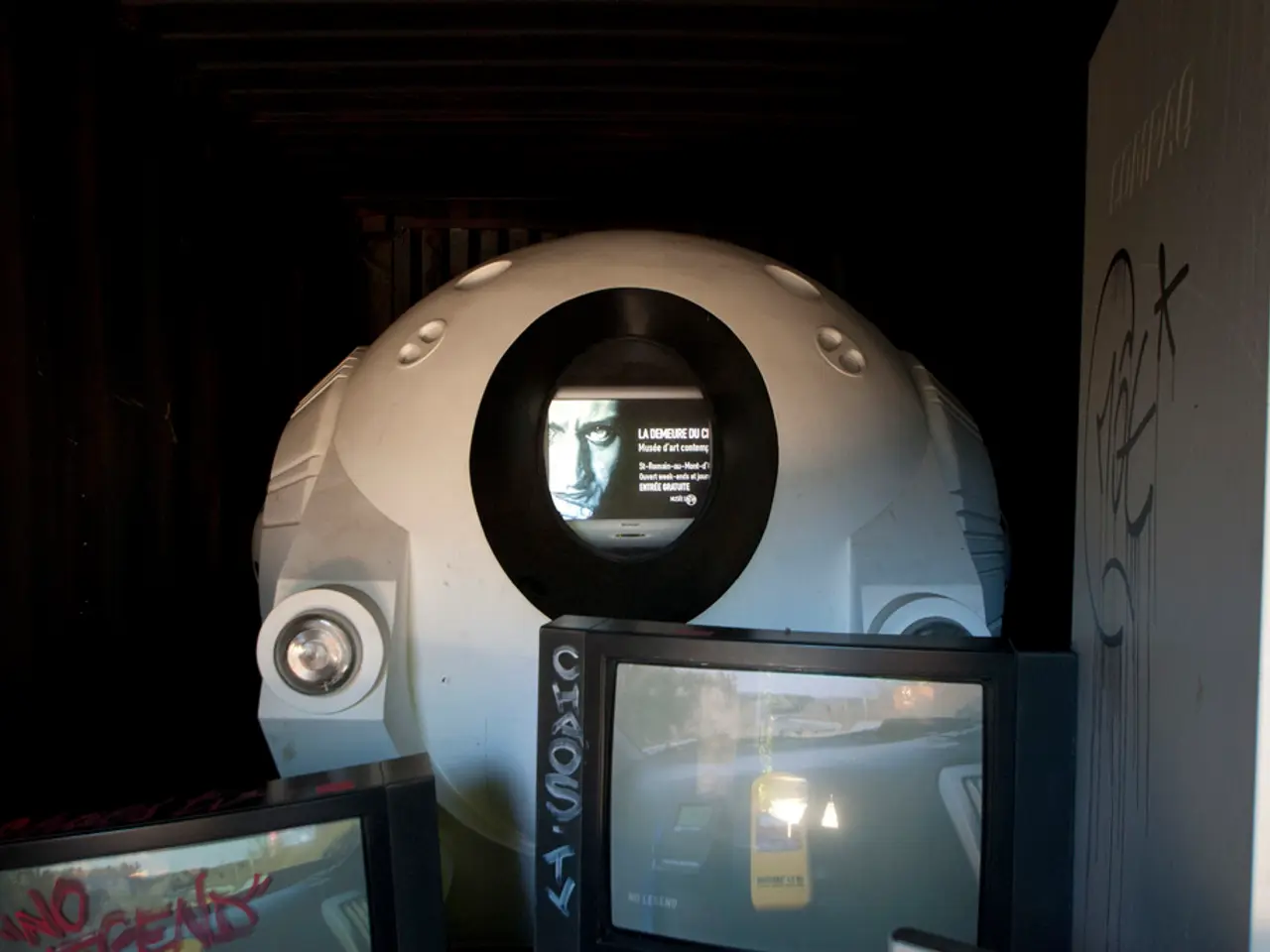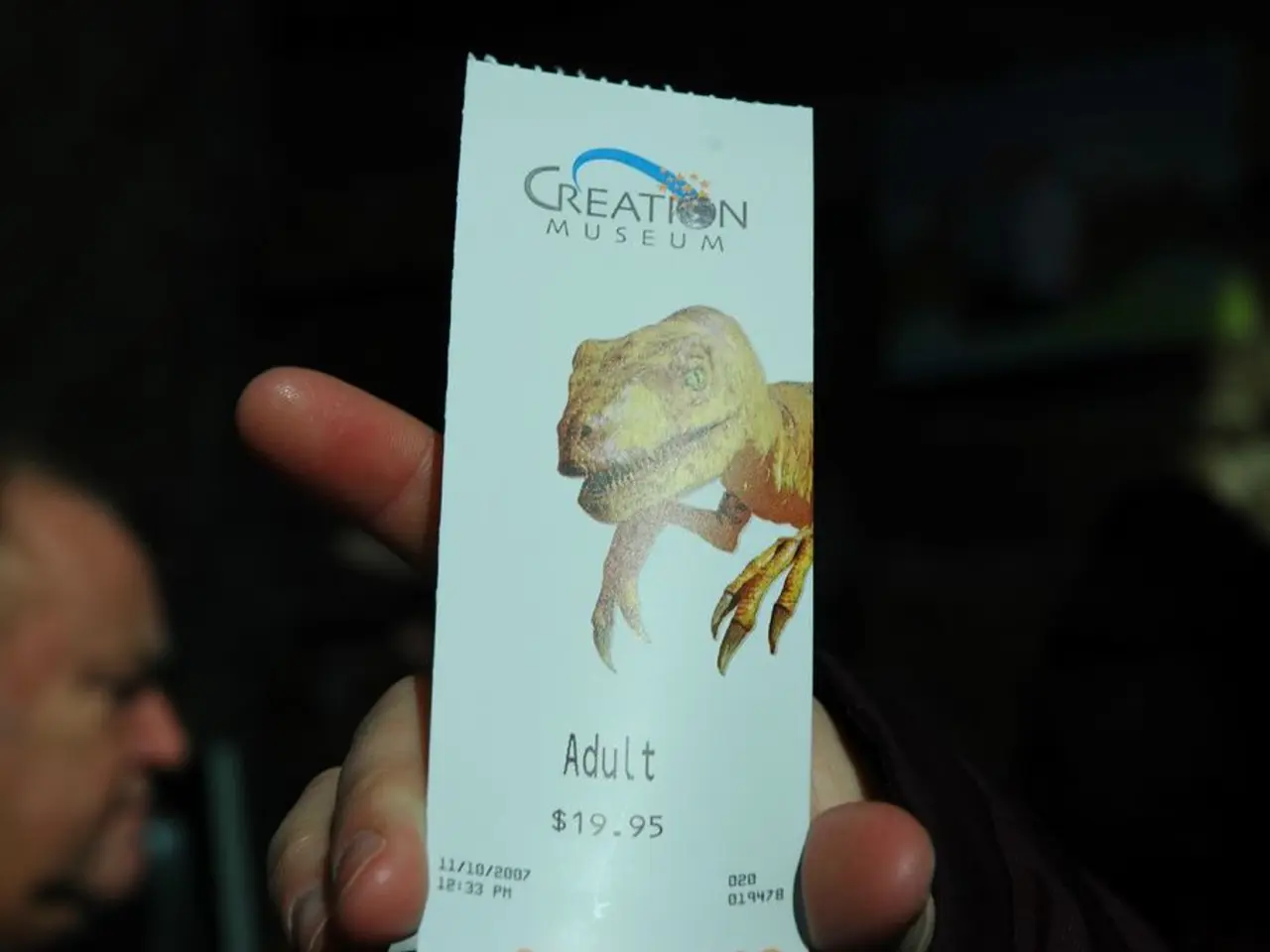Perspective: The Agony of Minor League Sports Defeat
The Cacique Mara Little League team from Maracaibo, Venezuela, recently won the Latin American qualifier rounds in Mexico, but their dreams of competing in the Senior League World Series in Easly, South Carolina, were dashed when they were denied travel visas to the United States.
The team, composed of teenagers, had traveled to the U.S. embassy in Bogotá, Colombia, to apply for visas, but were ultimately refused, preventing their participation in the tournament.
Little League International expressed disappointment, emphasising the impact on the young athletes' dreams. The decision not to allow the team to compete in the U.S. has raised questions, as international sports competitions are often seen as promoting respect across all boundaries.
The denial of visas to the Cacique Mara Little League team is linked to U.S. travel restrictions tied to national security concerns. Venezuela is among the countries with entry restrictions to the U.S. or its territories, as a result of policies initiated under President Donald Trump, who banned travel from several countries citing security reasons.
However, the U.S. Department of State can, in some cases, issue national interest exceptions (NIEs) to allow individuals from restricted countries to enter the U.S. for specific activities deemed in the national interest, including major sporting events. Applicants must petition for an NIE through the U.S. embassy or consulate handling their visa application, demonstrating that their travel serves a significant U.S. interest, such as fostering international goodwill or cultural exchange.
The rejection of the Venezuelan team’s visas suggests that either the NIE was not granted or was not pursued successfully in this case. The exact reasons for the denial remain unclear.
Kendry Gutiérrez, president of the Cacique Mara Little League, stated that his players are demoralized and do not represent a threat, being 15-year-old kids who want to win the World Cup. The denial of visas to this group of young athletes raises some questions about the process for granting national interest exceptions and the criteria used to determine eligibility.
It is also worth noting that the Venezuelan teams from Valencia and Barquisimeto were granted visas for the Little League World Series. The future participation of athletes from Iran, Cuba, Venezuela, and other listed countries in the 2028 Summer Olympics in Los Angeles remains uncertain.
In conclusion, the denial of visas to the Venezuelan Cacique Mara Little League team for the Senior League World Series highlights the complexities of the U.S. visa process for citizens of countries with travel bans, and the importance of a fair and transparent process for granting national interest exceptions for athletes participating in major international sporting events.
Despite the Cacique Mara Little League team's remarkable success in the Latin American qualifier rounds, their dreams of competing in the Senior League World Series were thwarted due to the denial of their travel visas to the United States. The rejection of the visas for the teenage athletes has sparked discussions about the process for granting national interest exceptions and the criteria used to determine eligibility in major sporting events.
